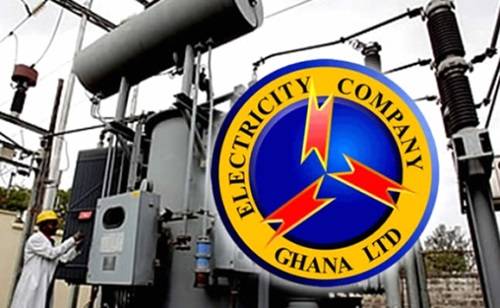The Electricity Company of Ghana (ECG) has revealed that a significant portion of its debt to Independent Power Producers (IPPs) stems from the volatility of the forex market. The acting Managing Director of ECG, Ing. Asamoah David, shared insights into the ongoing power crisis during an interview on Joy News' Newsfile on November 23, 2024.
The ECG currently owes nine IPPs substantial sums in US dollars, with one of them, Sunon Asogli, halting operations in October over an unpaid $259 million debt. The other producers have also expressed concerns over the government’s inability to settle payments for the electricity they have supplied.
According to Ing. Asamoah, the debt issue is compounded by foreign exchange shortfalls. "Each month, we lose approximately $37 million due to forex fluctuations," he explained. Payments made in Ghana cedis often face delays as banks must convert the currency to US dollars, and any rise in the exchange rate during this process increases the debt.
"If payments were in cedis, we wouldn’t owe," he stated. "However, when cedi payments are converted to dollars, and exchange rates fluctuate, it creates a shortfall. This dynamic complicates timely settlements with the IPPs."
To address the issue, ECG has entered into a payment arrangement involving both the company and the Ministry of Finance. This agreement outlines a collaborative approach to clearing the debt, and progress has already been made. Ing. Asamoah confirmed that the IPPs have agreed to continue operations under the new payment plan.
The acting MD also assured the public that efforts are underway to restore stability. Sunon Asogli is expected to resume operations in the coming weeks, while other producers who had reduced their output are set to increase supply.
The IPPs play a crucial role in supplementing Ghana’s state-owned Akosombo hydroelectric plant. However, the ongoing forex challenges and debt burdens threaten the reliability of power supply in the country.
This situation highlights the pressing need for structural reforms in the energy sector. Analysts argue that reducing reliance on foreign currency transactions, enhancing transparency, and strengthening financial mechanisms are essential steps toward sustainable energy management.
As Ghana navigates this crisis, stakeholders and policymakers face the challenge of balancing short-term fixes with long-term solutions that ensure financial stability and uninterrupted power supply.
Source: MyjoyOnline.com



